The True Nature of Unique Odors (Body Odor)NULL
2023/10/27
院長ブログトップ > The True Nature of Unique Odors (Body Odor)
The True Nature of Unique Odors (Body Odor)
Why does body odor occur?
We have discussed “axillary osmidrosis,” “vaginal odor ,” and “areola odor,” which are caused by apocrine sweat glands, in previous articles. However, there are various types of body odors besides axillary osmidrosis. Body odor is an inevitable phenomenon that we commonly experience in our daily lives, especially during seasons or situations where we tend to sweat more, leading to a stronger odor. The main cause of this odor is the gases, or volatile components, produced when bacteria on the skin break down sebum, old keratin (dead skin cells), and sweat components. The secretion of sweat onto the skin accelerates the growth of these bacteria, making it easier for odors to develop.
Mechanism of Body Odor Formation
①Skin Structure: The skin has two main types of glands: sebaceous glands and sweat glands. Sebaceous glands secrete sebum, while sweat glands secrete sweat. Sebum keeps the skin soft and protects it from external irritants. Sweat is mainly involved in regulating body temperature and is secreted in response to heat, stress, spicy food intake, etc.
②Skin Microorganisms: A variety of resident bacteria exist on the skin, cohabiting on its surface along with sebum and sweat. Fresh sweat and sebum are almost odorless, but over time, these bacteria act on them, leading to the production of body odor components.
③Influence of Diet: Consuming large amounts of certain foods is known to affect body odor. This is because specific components in the food are metabolized and expelled from the body through sweat and sebum.
Types and Characteristics of Sweat
Let’s delve deeper into the types of sweat glands. There are two types: eccrine glands and apocrine glands, each producing sweat with different components and resulting in different odors.
Eccrine glands are spread throughout the body, particularly concentrated in the palms of the hands and soles of the feet. The main components of eccrine sweat are water (about 99%), with the remainder being salts, amino acids, uric acid, etc. Although its primary role is in thermoregulation, it can also be produced in large quantities during times of stress. Eccrine sweat is odorless, but it can develop a smell when mixed with external dirt and bacteria, leading to the breakdown of amino acids.
Apocrine glands are located in the armpits, genital area, and around the nipples. Apocrine sweat contains water, proteins, lipids, fatty acids, cholesterol, and other substances. It is believed that the characteristic odor of apocrine sweat once served as a pheromone in animals, attracting the opposite sex for mating.
Identifying the Source of Unique Body Odors
There are various factors contributing to body odor. Here are some examples of main body parts and types of odor:
①Armpits: Due to a high concentration of apocrine glands, a distinctive odor, axillary osmidrosis, can occur. 3-Methyl-2-hexenoic acid is a main component of this odor.
②Soles of the Feet: A high concentration of eccrine glands and the tendency for dead skin cells to accumulate, coupled with the enclosed environment of shoes and socks, can lead to the production of a specific foot odor, isovaleric acid.
③Genital Area, Nipples: Similar to armpits, these areas have a high concentration of apocrine glands, possibly leading to “sousogakushu” or “chichigakushu.”
④Scalp: With well-developed sebaceous glands and a tendency for dandruff to occur, the scalp can produce a distinctive odor when mixed with aldehydes and fatty acids from the hair.
⑤Aging Odor: As we age, the composition of our sebum changes, with an increase in linoleic acid. When this acid oxidizes, it produces a unique odor, 9-nonenal.
⑥Tobacco Odor: Components of tobacco taken into the body during smoking are expelled through the skin and breath, producing a tobacco odor.
⑦Bad Breath: Gases produced when bacteria in the mouth break down leftover food and dead cells are the main cause of bad breath.
⑧Food-Related Body Odor: Consuming garlic, alcohol, red meat, and spices can result in a unique odor, as these foods are broken down and expelled through sweat glands.
Conclusion
Understanding the components of sweat, their functions, and the causes of odors in different parts of the body can aid in more effective body odor prevention. Daily care and lifestyle adjustments can lead to a more comfortable life. However, if you are still concerned about body odor, it may be beneficial to consult a medical professional.
カテゴリーから探す
- 目
- 鼻
- プチ整形
- その他の顔の治療
- 美肌治療
- にきび治療
- アンチエイジング・若返り
- 小顔・輪郭治療
- 豊胸・バスト
- 痩せる方法
- 院長日記
- わきが・多汗症
- タトゥー除去
- 女性の薄毛
- レーザー脱毛
- ほくろ・いぼ除去
- その他
- Articles in English
最新記事
アーカイブから探す
タグ一覧
千葉エリアで治療をご希望の方はこちら

〒273-0005
千葉県船橋市本町6-4-15
グラン大誠ビル 2F
責任者:元神賢太
最終学歴:H11年慶応義塾大学医学部卒業
勤務歴:H15年船橋中央クリニック開業
東京エリアで治療をご希望の方はこちら
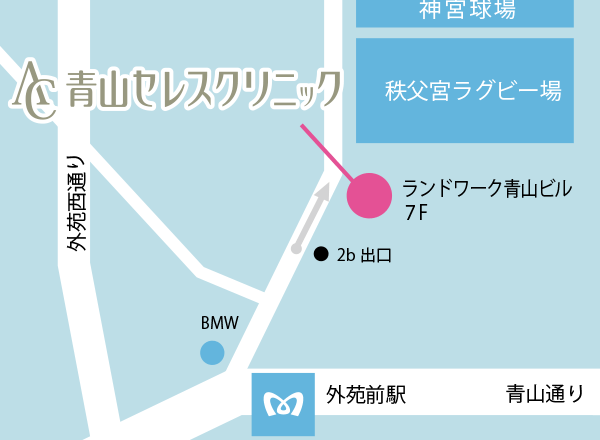
〒107-0061
東京都港区北青山2-7-26
ランドワーク青山ビル7F
(旧ヒューリック外苑前ビル)
責任者:高林洋一
最終学歴:S43年慶応義塾大学医学部卒業
勤務歴:H28年青山セレスクリニック管理者











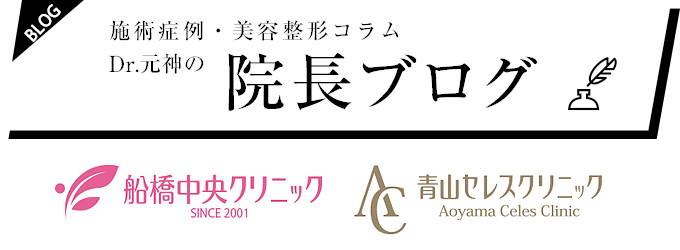
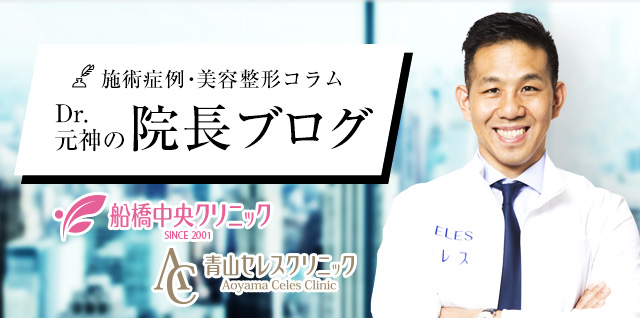


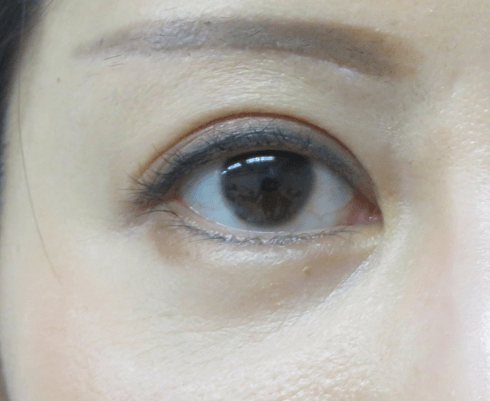

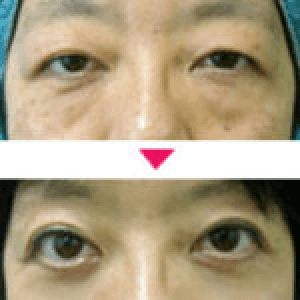
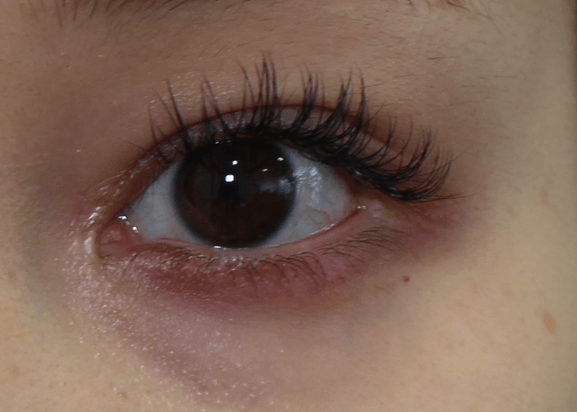
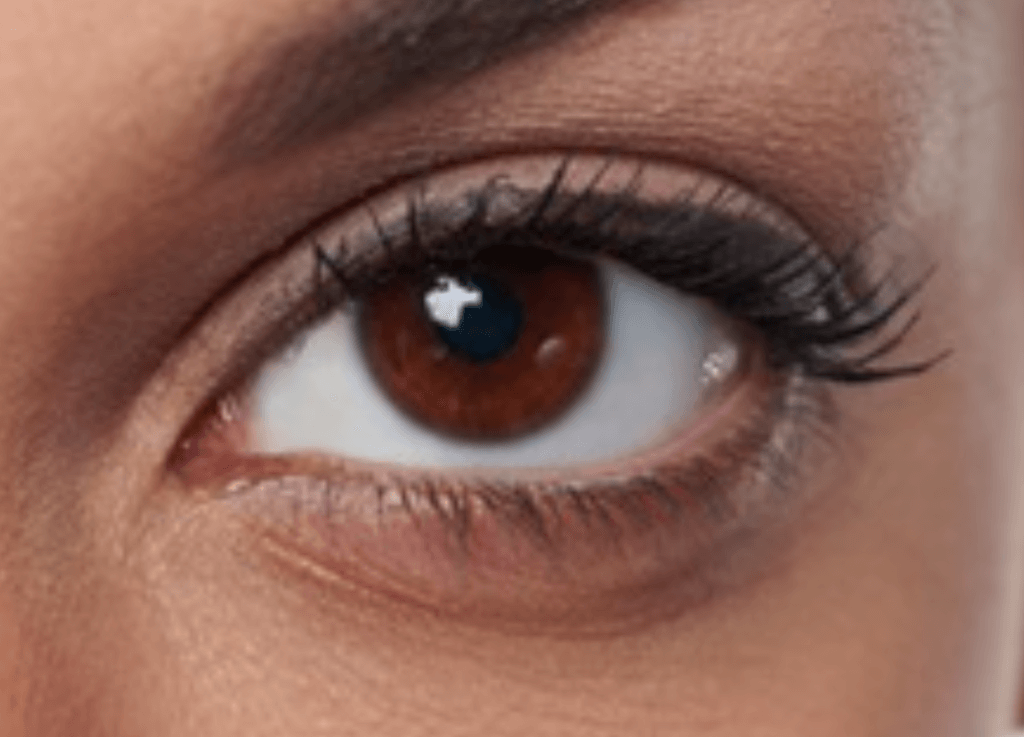
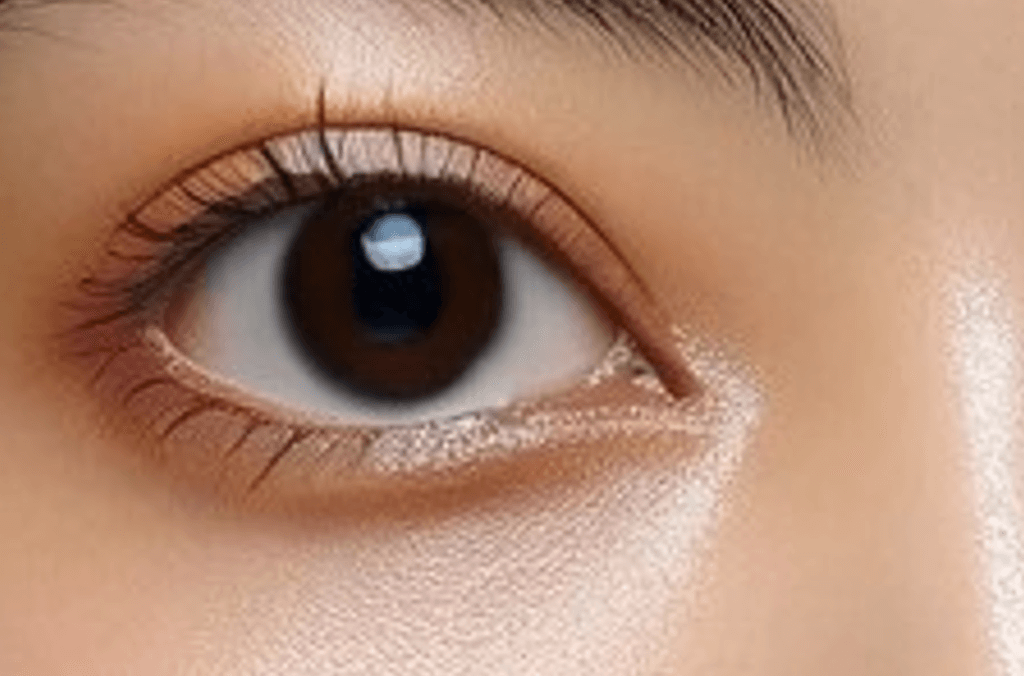
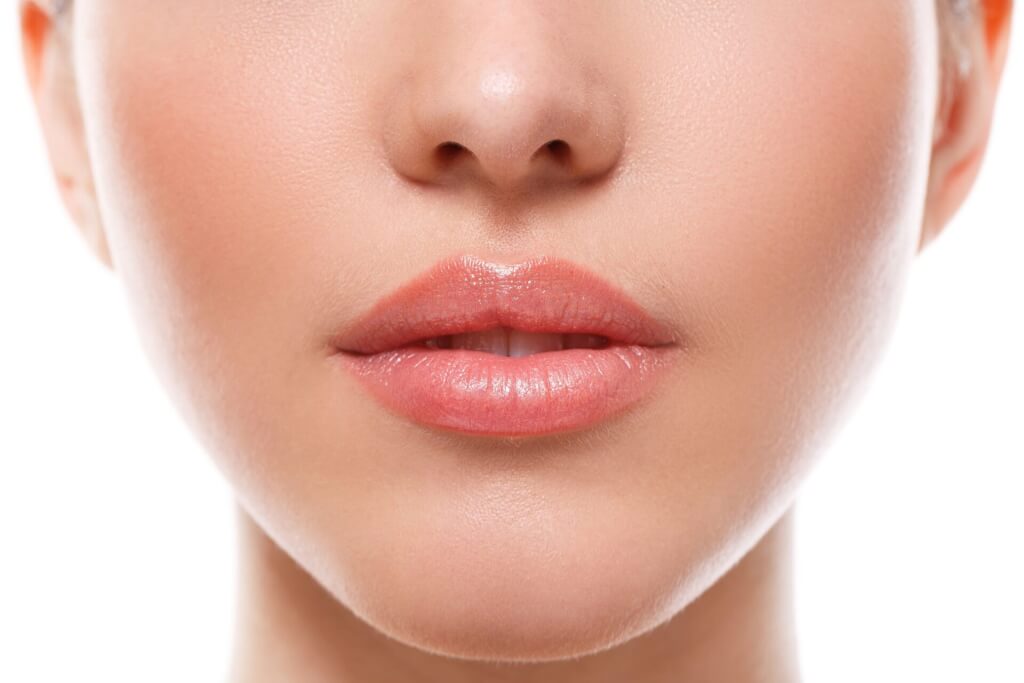




















 フリーダイヤル
フリーダイヤル
